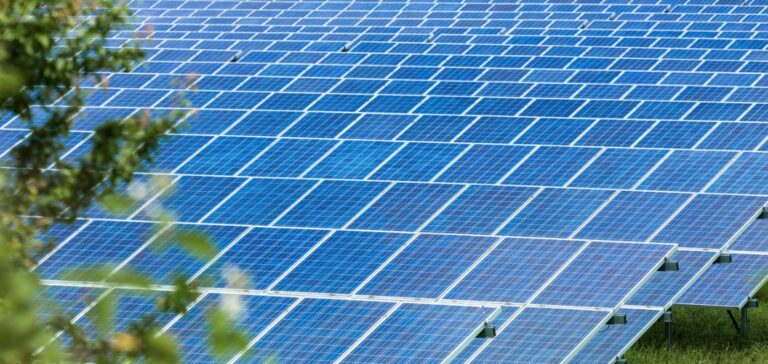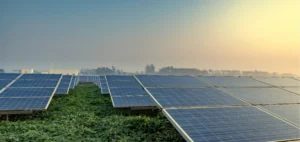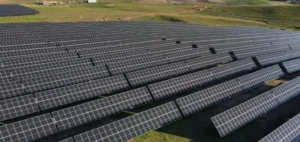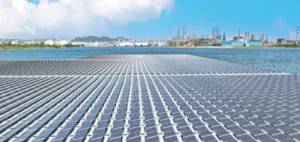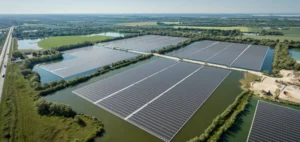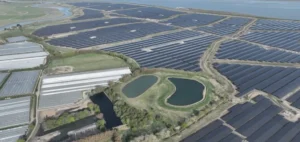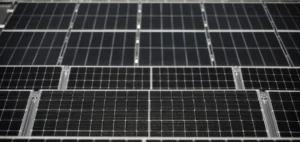CWP Europe has announced the acquisition of the 134 MW Studina solar project in Romania. This acquisition marks an important step for the company in expanding its presence in the region.
Construction planned for 2023, commercial operation in 2024
Construction of this solar power plant is expected to begin in 2023, with commercial operation scheduled for late 2024. The solar power plant will provide green electricity to approximately 115,000 homes and help reduce greenhouse gas emissions by more than 95,000 tons per year. The project will also contribute to the generation of clean and reliable electricity in the country, and will align with the goals of the National Integrated Energy and Climate Plan.
CWP Europe strengthens its position in South East Europe
The acquisition of this solar project strengthens CWP Europe’s position as a leader in the development of renewable energy in South East Europe. The company is committed to providing clean, sustainable energy to meet the region’s energy needs while helping to combat climate change.
Ambitious projects for a greener future
CWP Europe has many ambitious projects under development in the region, including solar power plants, wind farms and energy storage projects.

